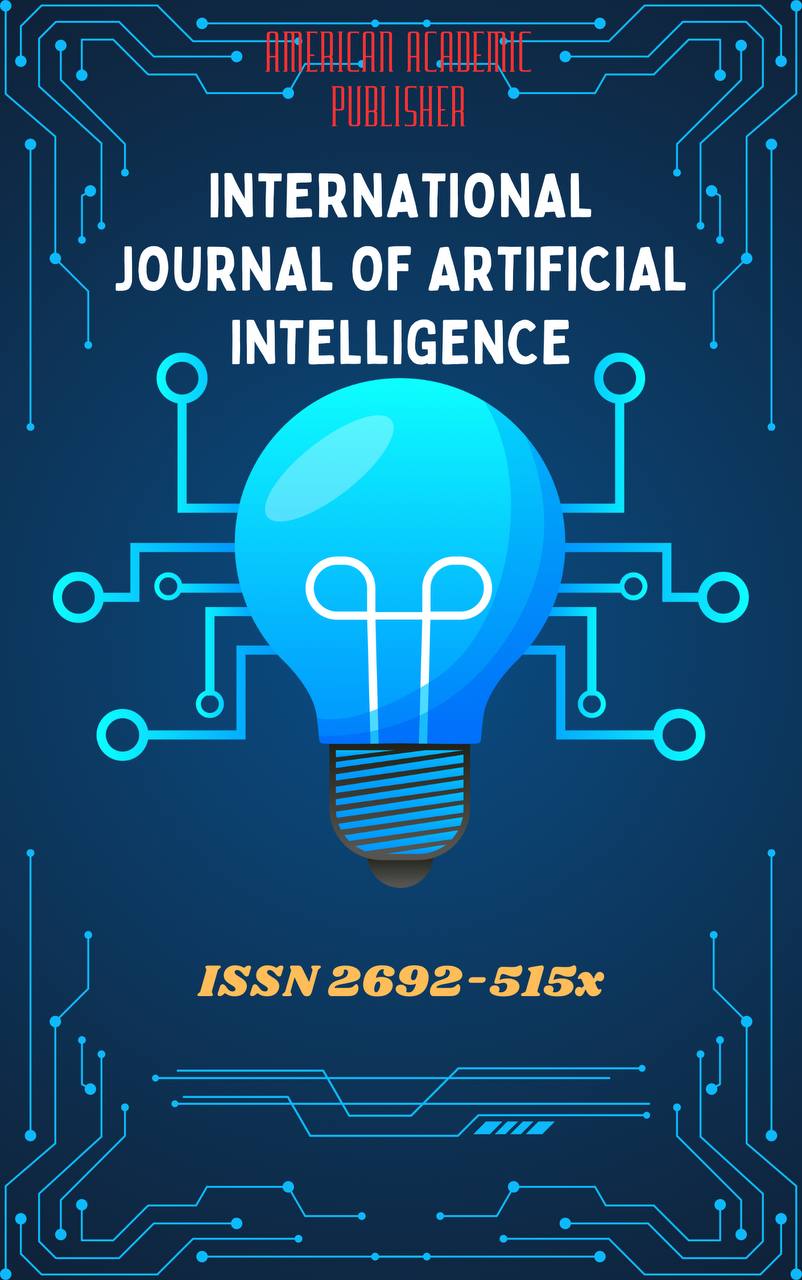 Articles
| Open Access |
Articles
| Open Access | IMPROVING ENVIRONMENTAL LOGISTICS FLOWS IN CORPORATE TRANSPORTATION SYSTEMS
Bazarov Baxtiyor Imamovich,Xaydarov Javlonbek Sayfiddin ugli , Doctor of Technical Sciences, ProfessorAbstract
This study investigates the improvement of ecological logistics flows within corporate freight transportation systems in Uzbekistan. Using a combination of system analysis, statistical evaluation, mathematical modeling, and expert assessment, the research identifies the main environmental inefficiencies in current logistics operations and proposes sustainable optimization strategies. The study introduces a complex indicator for assessing ecological efficiency that integrates factors such as CO₂ emissions, fuel efficiency, renewable energy utilization, and waste recycling rates. Empirical data from 2020–2024, sourced from the Ministry of Transport and major logistics companies, reveal that digitalization, alternative fuel use, and “green warehouse” concepts significantly enhance ecological logistics performance. The findings contribute to developing a practical model for integrating environmental responsibility into corporate logistics strategies and achieving sustainable transport goals in Uzbekistan.
Keywords
ecological logistics, corporate transport system, sustainable development, CO₂ emissions, renewable energy, waste management, green logistics, Uzbekistan.
References
Yuldashev, B. (2021). Eco-logistics and Sustainable Transport Systems in Central Asia. Tashkent: Economy Publishing.
Kuryazova, D. (2019). The Development of Green Logistics in Uzbekistan’s Corporate Sector. Journal of Transport and Logistics, 5(2), 45–52.
European Commission. (2020). Sustainable and Smart Mobility Strategy: Putting European Transport on Track for the Future. Brussels.
Sarkis, J., & Zhu, Q. (2018). Environmental Supply Chain Management: A Review and Future Directions. International Journal of Production Economics, 200, 216–232.
United Nations Environment Programme (UNEP). (2021). Greening the Supply Chain: Pathways to Sustainable Logistics. Nairobi: UNEP Report.
Asefeso, A. (2020). Green Logistics Management: Optimizing Environmental and Economic Performance. London: Lean Six Sigma Publishing.
Uzbekistan Ministry of Transport. (2023). National Program for Sustainable Transport Development 2023–2030. Tashkent.
Ivanova, T., & Petrov, N. (2022). Digitalization in Eco-Logistics: Opportunities for Emission Reduction. Logistics and Innovation Journal, 8(3), 99–110.
McKinnon, A. (2019). Decarbonizing Logistics: Distributing Goods in a Low Carbon World. London: Kogan Page.
World Bank. (2022). Sustainable Freight Transport for Green Growth. Washington, D.C.: World Bank Group.
Article Statistics
Downloads
Copyright License

This work is licensed under a Creative Commons Attribution 4.0 International License.

